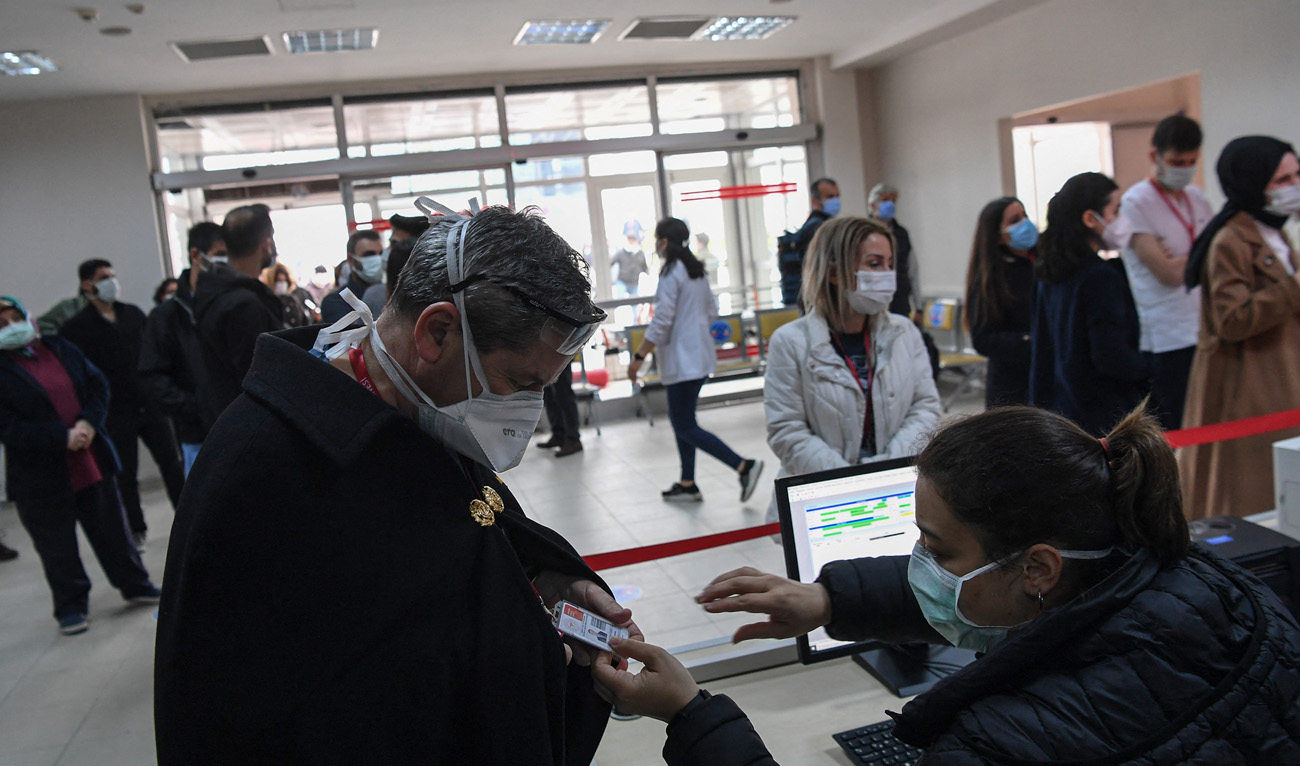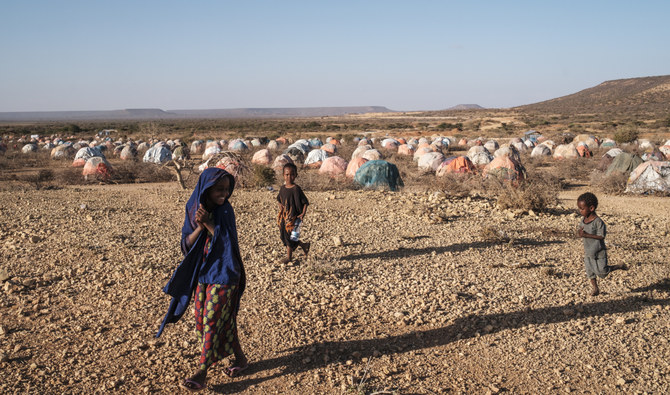NAIROBI: Ethiopia has confirmed an outbreak of the deadly Marburg virus in the south of the country, the Africa Centres for Disease Control and Prevention (Africa CDC) said on Saturday.
The World Health Organization said both viruses belong to the filovirus family, the same group that includes the Ebola virus, and cause severe illness that is clinically similar to Ebola virus disease.
Also like Ebola, it is transmitted through contact with bodily fluids and has a fatality rate of between 25% and 80%.
The Marburg virus is one of the deadliest known pathogens.
The World Health Organization states that patients often experience sudden high fever, severe headache and malaise, followed by diarrhoea, vomiting and abdominal pain.
A non-itchy rash can appear between days two and seven.
From day five, patients may show hemorrhagic signs including bleeding from the nose, gums and venepuncture sites. Confusion, irritability and orchitis have been documented in later stages.
Diagnosing the disease is challenging because early symptoms resemble malaria, typhoid, meningitis and other viral hemorrhagic fevers, according to WHO.
The Marburg virus is transmitted to people from fruit bats and spreads among humans through human-to-human transmission, World Health Organization says.
The head of WHO, Ethiopia’s Tedros Adhanom Ghebreyesus, confirmed on Friday that at least nine cases had been detected in southern Ethiopia, two days after Africa CDC was alerted to a suspected hemorrhagic virus in the region.
“Marburg virus disease (MVD) has been confirmed by the National Reference Laboratory (in Ethiopia),” Africa CDC said.
“Further epidemiological investigations and laboratory analyses are underway, and the virus strain detected shows similarities to those previously identified in East Africa.”
It said Ethiopian health authorities had acted swiftly to confirm and contain the outbreak in the Jinka area.
Africa CDC said it would work with Ethiopia to ensure an effective response and reduce the risk of the virus spreading to other parts of East Africa.
An epidemic of Marburg virus killed 10 people in Tanzania in January before being declared over in March.
Rwanda said in December 2024 that it had managed to stamp out its first known Marburg epidemic, which caused 15 deaths.
There is no approved vaccine or antiviral treatment for the Marburg virus, but oral or intravenous rehydration and treatment of specific symptoms increase patients’ chances of survival.
Last year, Rwanda trialed an experimental vaccine from the US-based Sabin Vaccine Institute.
.jpg)



